If you are a fan of classical music, you have probably heard of Richard Wagner. He was one of the greatest German composers who wrote some of history’s most famous operas, including Ride of the Valkyries, Bridal Chorus, and Tristan and Isolde.
Wagner’s work has had a profound impact on the development of classical music. His operas and music dramas revolutionized opera, while his anti-Semitic writings caused a scandal that has overshadowed his legacy.
If you want to know more about him, here are 15 interesting facts about Richard Wagner and his music that you may not know. Let’s get started!
1. He Wasn’t Initially Interested In Music
While Richard Wagner is known as one of the most influential composers in history, his early life didn’t necessarily predict his future success. As a child, Wagner showed little enthusiasm for music.
His family was musical; his mother played the piano moderately well and his stepfather, Ludwig Geyer, was a playwright and actor who also had musical talent.
However, compared to his siblings, Richard was less musically inclined. He did not receive piano lessons like his siblings did and wasn’t particularly interested in pursuing music.
2. He Wrote Both The Music And The Libretto For His Works
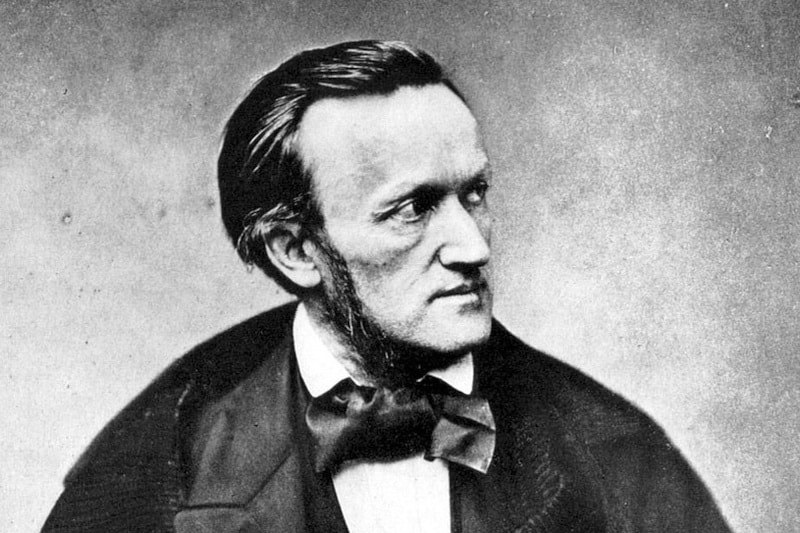
Richard Wagner was a pioneer in the way he wrote his music. His operas were known for their complexity, both musically and thematically.
Unlike many composers of his time, who would write a melody and then find someone to write the words to fit it, Wagner wrote both the music and libretti for his operas. This gave him more control over his works and created a more unified artistic vision.
While this approach was unusual at the time, it has since become more common, and Wagner’s influence can be seen in many modern composers.
3. He Was A German Nationalist
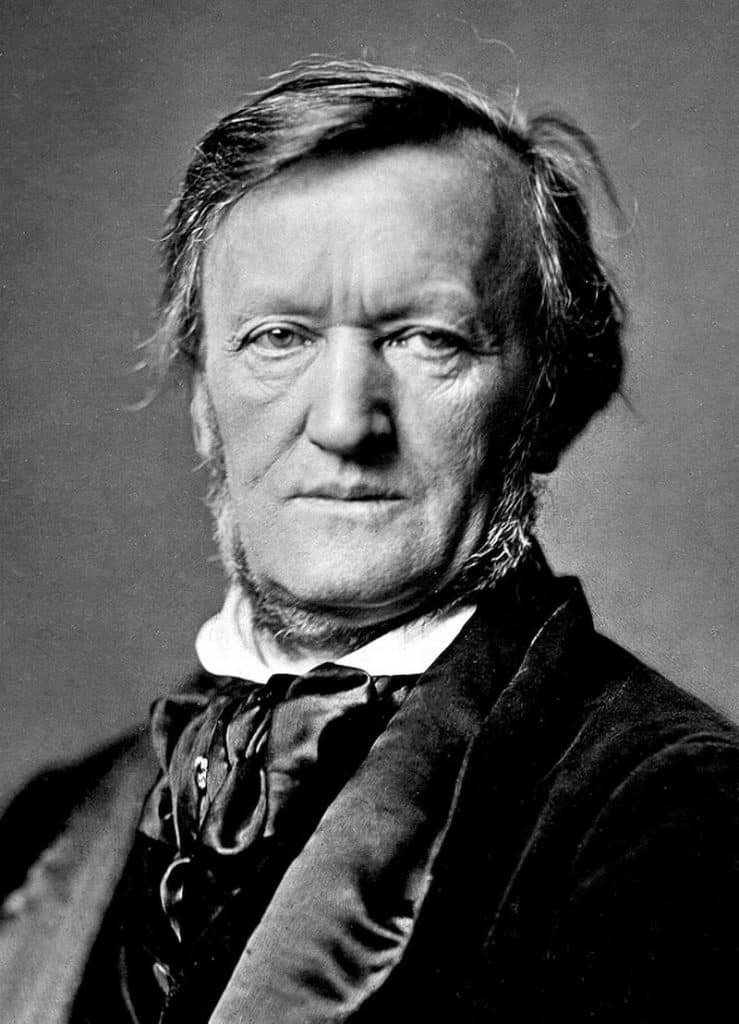
Wagner was not only a revolutionary composer, but he also had radical political views. He was an advocate for German nationalism and anti-Semitism. These views led to him being exiled from Germany for many years.
One of his most famous operas, The Ring of the Nibelung, is steeped in German mythology and espouses many of Wagner’s nationalist ideals. This opera, along with Wagner’s other works, would have a significant influence on the development of Nazi ideology.
He also wrote an essay called “Jewishness in Music,” which was highly critical of Jewish composers. This essay caused a great deal of controversy and made Wagner even more unpopular with the mainstream music establishment.
However, his music was so popular that he could eventually return to his homeland and continue composing.
4. His Operas Are Very Long
Richard Wagner’s operas are famous for their length. Many of his works are over four hours long, and some, like the “Ring Cycle,” can last up to 15 hours when performed in its entirety.
Wagner believed that music should be an immersive experience that takes the listener on a journey. He also believed that opera should be a “total work of art” that included all aspects of the arts, from music to drama to set design.
His operas are often complex and multi-layered and require a lot of time and attention to appreciate fully. Wagner’s lengthy works were often met with criticism, but they were also praised for their grandeur and scope.
5. He Had A Unique Composing Style
Wagner is credited with popularizing the leitmotif technique. This is a musical device where a short melody is associated with a particular character, object, or idea.
He used them to great effect, creating elaborate musical motifs that helped develop the plots and characters of his operas. This allowed him to have more control over the sound of his orchestra and helped to create a more unified sound.
The leitmotif technique would go on to be used by many other composers, and it is one of Wagner’s most lasting contributions to the world of music. Today, leitmotifs are used in many different types of music, from film scores to video games.
6. He Wrote His First Drama At The Age Of 15
Wagner began writing dramas at a very young age and wrote his first play when he was just 15 years old. This early work already demonstrated Wagner’s talent for storytelling and creating complex characters.
The work also showed the influence of his idol, Ludwig van Beethoven. Wagner would go on to write many more operas and dramas throughout his career.
7. His First Opera Was Not Performed During His Lifetime
Wagner’s first opera, Die Feen (The Fairies), was completed when he was just 20 years old, but it was not performed while he was still alive. Despite its completion at such an early stage in his life, it wasn’t until five years after his death that the opera was finally performed on stage in 1988.
Although Die Feen never managed to establish itself firmly in the operatic repertoire, it is considered an ambitious work that showcases the early stages of Wagner’s evolving musical style.
Despite its lack of initial popularity, Die Feen has seen various releases over the years, including a recording conducted by Wolfgang Sawallisch and released by Orfeo in 1984.
8. He Was Married Twice
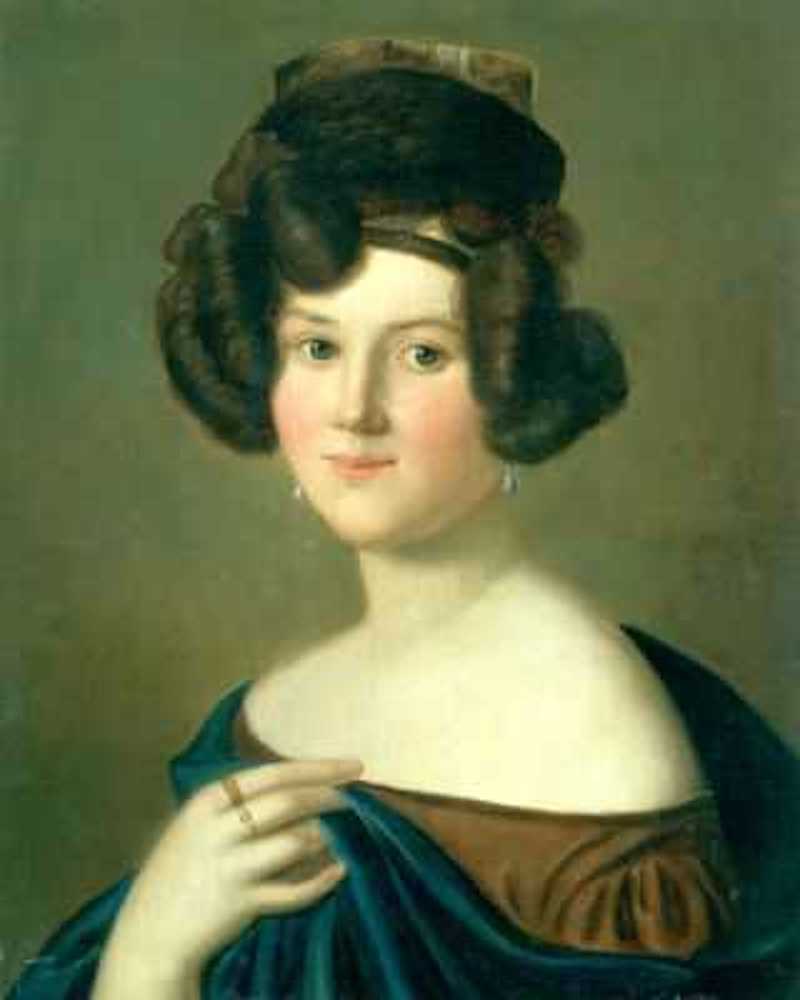
Wagner was married twice in his life. His first wife was Minna Planer, a talented singer and actress who collaborated with Wagner during the early stages of his career. Though they shared a passion for the arts, their relationship was fraught with difficulties, and they eventually divorced.
His second marriage was to Cosima Liszt, the daughter of another celebrated composer, Franz Liszt. Their bond was deep, and they remained married until Wagner’s death. Cosima played a significant role in Wagner’s life and career, not only as his spouse but also as an important confidante and collaborator.
9. His Second Wife Was Also A Composer
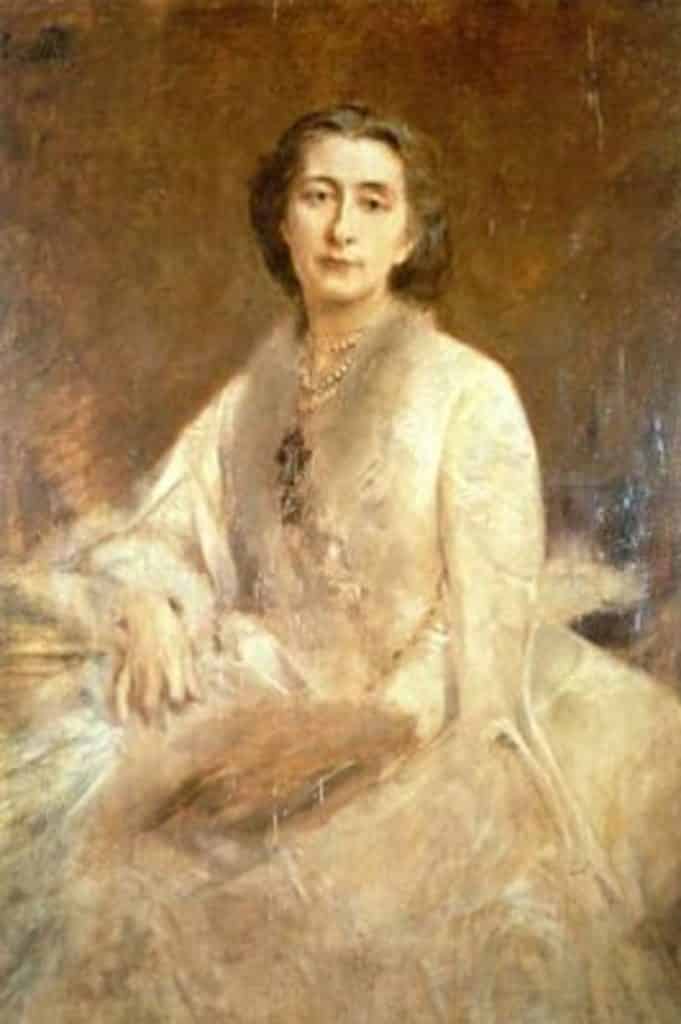
Cosmina was also a successful female composer in her own right. She wrote many works for piano and orchestra, including an opera based on the life of Joan of Arc.
She also helped Wagner realize his vision for his operas and acted as his musical collaborator. The two worked closely on many of Wagner’s most famous works, including the “Ring Cycle.”
She also took over as conductor of the Bayreuth Festival after Wagner’s death and helped to keep his legacy alive. The Bayreuth Festival is still held annually and is considered one of the most critical opera festivals in the world.
10. He Was A Great Pianist And Conductor
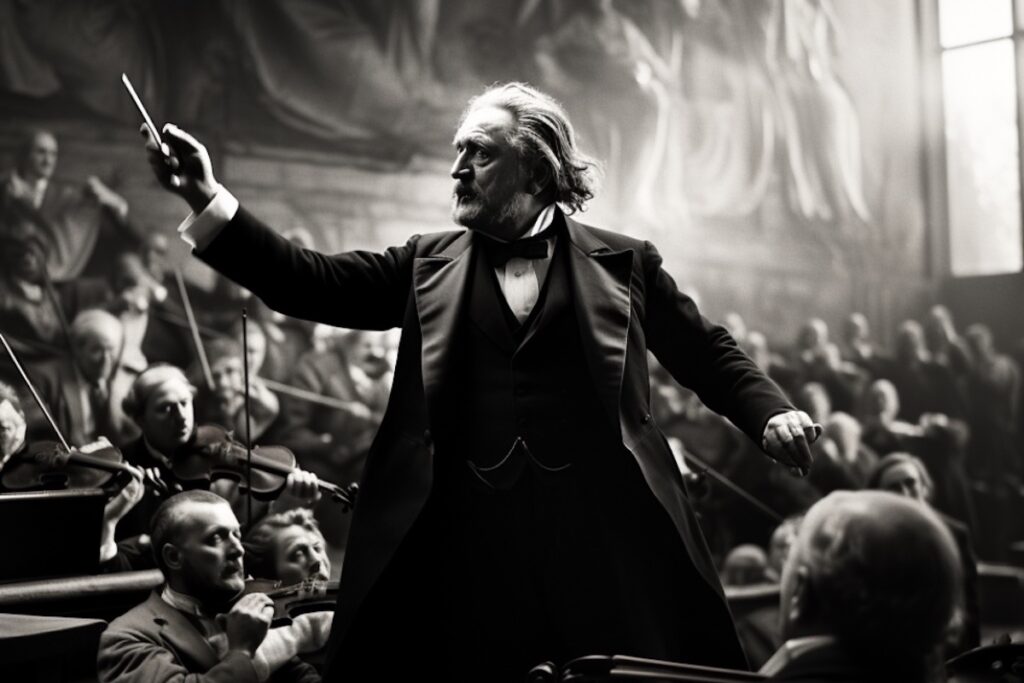
Wagner was not only a great composer, but he was also an accomplished pianist. He performed many solo concerts and even wrote a few pieces for piano.
His skills as a performer helped him better understand the music he was writing and gave him insights into how his works should be interpreted. His skills as a pianist were highly praised by critics and helped to establish him as a major figure in the world of music.
Aside from his piano playing, Wagner was also an accomplished conductor and even founded his own opera company. He was quite known for his innovative approaches to conducting and his ability to evoke strong emotions from his audiences.
11. Wagner Had A Taste For Expensive Things
Richard Wagner’s fondness for the finer things in life is well-documented. His expensive tastes were not just limited to his artistic pursuits but also extended to his personal lifestyle.
He lead a lavish lifestyle that often exceeded his means. He had a fondness for luxury items and indulged in extravagant living conditions.
For instance, he was known to have a penchant for silk underwear and luxurious furnishings. His houses were grandly furnished and elaborately decorated.
12. He Was Reputedly Very Arrogant
Though Wagner was known for his immense talent as a composer, he was also notorious for his arrogance and self-importance. This trait is well-documented in accounts from his contemporaries and can be seen in various aspects of his life and work.
His personal relationships were also affected by his arrogant demeanor. He was known to be difficult to get along with and often alienated friends and colleagues. His letters and writings reveal a man who was often dismissive of others’ opinions and quick to take offense at any perceived slight.
13. His Opera House Was Designed For His Own Works
Wagner had a unique vision for opera performance, and he felt that existing opera houses were not suited to his works. This led him to conceive of a new type of opera house, one that would serve the needs of his “music dramas” perfectly.
Thus, the Bayreuth Festspielhaus, located in Bayreuth, Germany, was made. It opened its doors in 1876 with the first full performance of Wagner’s epic four-opera cycle, The Ring of the Nibelung. Since then, it has been the home of the annual Bayreuth Festival, dedicated solely to the performance of Wagner’s operas.
14. His Operas Are Still Performed Today
Despite being written over a century ago, Wagner’s operas are still performed regularly worldwide. His operas are some of the most ambitious ever written and have been adapted to new styles and settings.
The adaptability of Wagner’s operas is another factor contributing to their enduring popularity. They have been reimagined in numerous styles and settings. From traditional opera houses to contemporary stages, they have been interpreted in various ways while preserving the essence of Wagner’s original vision.
15. He Died Of A Heart Attack
Richard Wagner passed away from a heart attack in 1883 at the age of 69. His wife, Cosima, and their children survived him, carrying on his legacy.
In the years following Wagner’s death, his work continued to be celebrated and studied by musicians and scholars alike. His compositions were hailed as landmarks in musical history.
Despite the controversies surrounding his personal life and political views, Wagner’s contribution to the world of music is undeniable. He remains one of the most significant figures in classical music history.
Wrapping Up Our List Of Facts About Richard Wagner
These are just a few of the fascinating facts about Richard Wagner that you might not know.
Wagner was a complex and fascinating figure whose music inspired new generations of listeners and composers. His operas are some of the most ambitious ever written and continue to be performed regularly worldwide.
His music would have a lasting impact on the development of classical music and opera.
